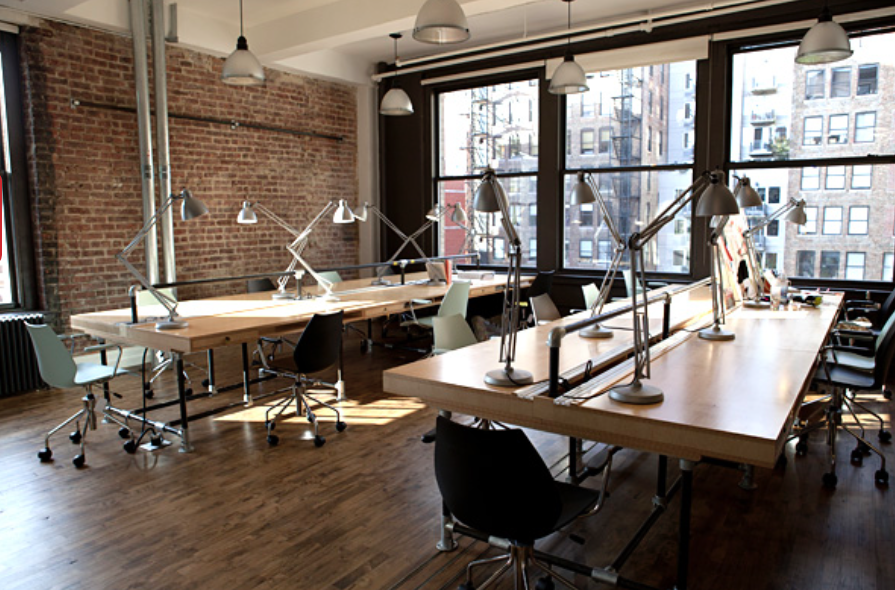The sharing economy

A Blog by Miranda Paquette
Ottawa is rarely on the cutting edge of trends. By the time a trend gets here it seems to be passé in the great metropolises. Sometimes a trend is just a great idea whose time has come. What’s been called “the sharing economy” seems to have fallen into that category.
I’m sure better minds than mine have discussed the ancient barter-roots of what we’re calling the sharing economy so I won’t go into it here. Suffice it to say that the lending library, whether for books or tools is not a new concept. Same for sharing spaces among artisans or sharing office spaces, but the way it has cycled into Ottawa, and STAYED, is refreshingly new.
I was reading about HeraHub recently and realized that the shared or co-working office space concept is still going strong. It fills the niche of people who want a professional office with big-corporate amenities like secure wifi and janitorial services, without the expense of having to maintain an actual stand-alone office space. Not everyone can or wants to work from home.
After a quick search, we found Collab Space, My Byward Office and Impact Hub all based out of Ottawa.
The other sharing I’ve seen take root in Ottawa is in the art and design sphere. There have always been great art collectives with boutiques and tours but we’ve also seen the informal borrowing/sharing of tools and spaces go public. Regular public access to these “maker spaces” means the only price of entry is the cost. It democratizes the arts by removing the barrier of having to know someone already “making” to be able to join the club.
Again a quick search gives us Makerspace North, My Urban Workshop and the City of Ottawa Parks & Recreation rent-a-space program.
We’re excited by the idea of collaboration and a sharing economy. Maybe someday we can imagine an office with architects, structural, mechanical and electrical engineers plus landscape architects and interior designers, all under one roof running separate businesses but able to collaborate, share ideas, resources and talents.
In the end, when the “who you know” concept no longer applies, access becomes more open by default. Making can be messy and dangerous, so not every space is ideal for wielding powerful, noisy, smelly tools. Wouldn’t it be great if that was the cutting edge Ottawa strove for: access to tools and knowledge and a space in which to work?